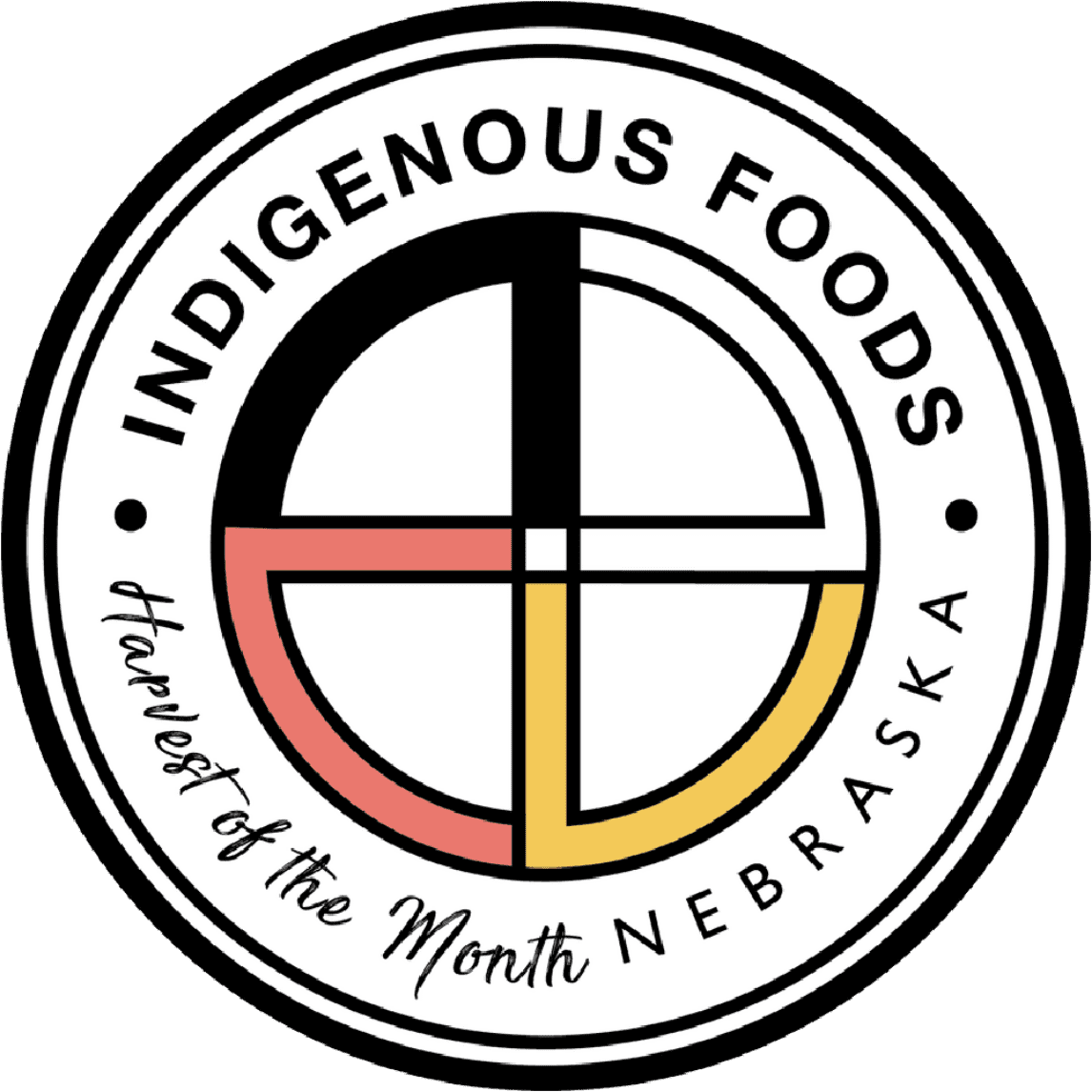Winnebago Scouts
Winnebago, Nebraska; Thurston County
In 1863, the Winnebago people were moved from their home in Minnesota. They were placed on a barren reservation in Dakota Territory. Groups of Winnebago then moved down the Missouri River to the Omaha Reservation in Nebraska. In March 1865, the Winnebago used their own funds to purchase land from the Omaha. That land is now the Winnebago Reservation.
In early 1865, about 75 members of the Winnebago Tribe enlisted in the Nebraska Volunteers. Their unit was known as Company “A”, Omaha Scouts. They were active during various conflicts between the U.S. Government and Native American tribes throughout the 1860’s. The Winnebago had a desire for peace and good ties between Native Americans and the white settlers.
In the summer of 1866, upon the return of the Winnebago veterans, a homecoming festival was held. Chief Little Priest died of wounds received in army service shortly after their return. An annual memorial celebration is held in remembrance of his sacrifice. The year after his death, Little Priest’s service flag was raised as a symbol of the tribe’s allegiance to their country. This ceremony remains an important part of each celebration. Later the gatherings became known as the Annual Pow-wow.
Looking for resources? Login to view more.

-

Dry Beans
Nebraska is the largest producer of great northern beans in the U.S and is also the second largest producer of light red kidney and pinto beans.
Location: Winnebago Scouts
-

Corn
Corn (maize), along with many other traditional plants like beans, squash, melons, tobacco, and roots is a domesticated plant of the Americas.
Location: Winnebago Scouts
-
Summer Squash
Many varieties of squash, another member of the “Three Sisters”, were grown by Native Americans, including acorn, zucchini, pumpkins, and gourds. “Summer Squash” is typically used to describe a yellow squash available during the summer months.
Location: Winnebago Scouts
‘The Three Sisters’ are crops planted together in a shared space: maize, beans, and squash…. Developed through [I]ndigenous agricultural practices, these three plants protect and nourish each other in different ways as they grow and provide a solid diet for their cultivators.”
Each crop has the following downloads available: Poster, Coloring Sheet, Presentation, Newsletter

Send us feedback on this and other locations.
These buttons follow the default direction of each route. You can use the previous button to move in the opposite direction, or edit your team’s settings in the manager dashboard.













